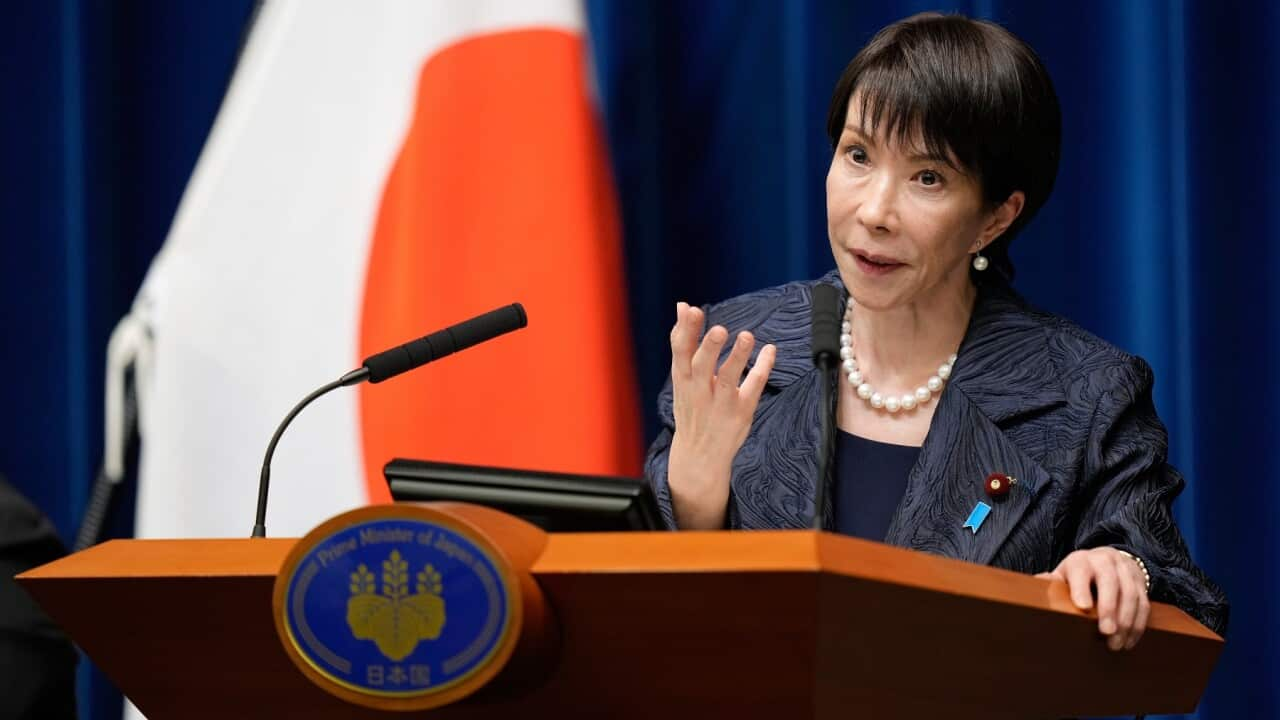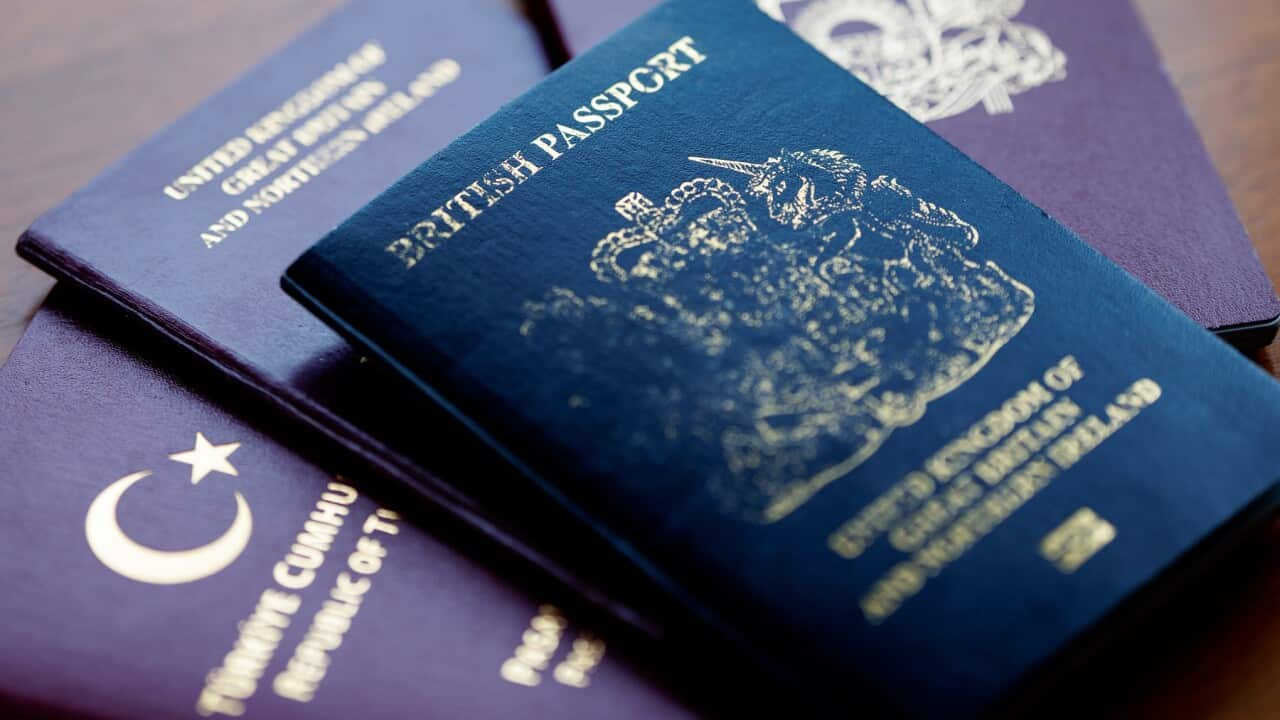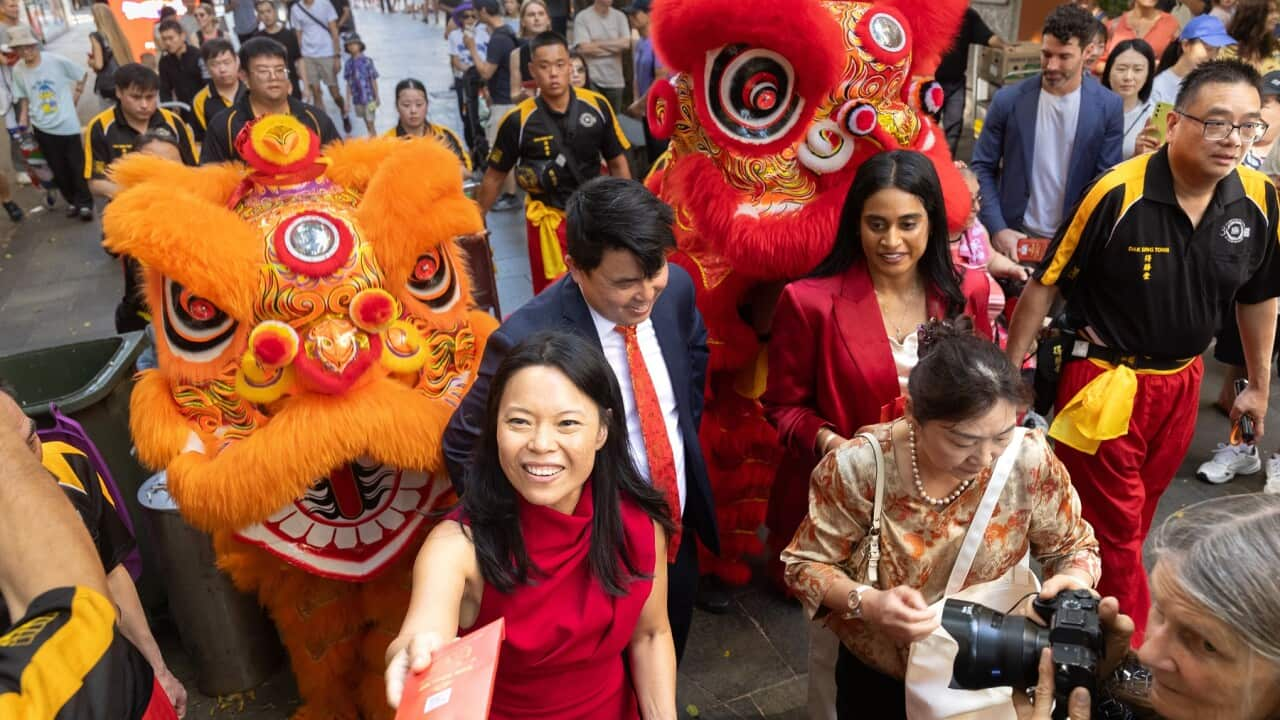Listen to Australian and world news, and follow trending topics with SBS News Podcasts.
TRANSCRIPT
Sanae Takaichi is Japan's first woman out of 104 Prime Ministers.
But in her maiden speech, there is no reference to the history-making moment.
"I will be fearlessly working hard, without being afraid of changes, for the country and the people. Today, I put together the Cabinet for that very purpose. I am determined to deliver results for the country."
And despite her previous promise to increase the number of women in her cabinet, only two out of 19 members of her cabinet are women.
But still, on the streets of Japan, some people think Ms Takaichi's appointment will have positive influence on gender issues in the country.
“Looking around, I feel Japan's women's advancement into society is lagging behind. In that sense, I hope that by having a first female prime minister it can push the advancement from that side."
"I just hope she'll properly handle a variety of issues. Right now, prices are high and in many ways things are pretty tough, so I really hope she does her best."
Before the election victory on Tuesday, Ms Takaichi was widely known for her conservative stance, including her opposition to immigration, and emphasis of national security and traditional values.
Her party, the Liberal Democratic Party, has long held power in Japan's government, but has been under unprecedented threat due to a cost of living crisis and recent corruption scandals.
The Liberal Democratic Party also lost its majority in both houses of parliament, meaning the Takaichi government could face barriers to push through her agenda.
Ms Takaichi has been mentored by former Prime Minister Shinzo Abe who was assassinated in 2022, and shares his revisionist views of Japan's atrocities during World War II.
She often visits a shrine that honours convicted war criminals - an act that has been criticised by both China and South Korea.
But South Korean Foreign Ministry Spokesman Lee Jae-Woong says his government wants to maintain close communication with the Takaichi cabinet.
"Our government will maintain close communication with Japan's new Cabinet and continue to cooperate in order to keep the positive momentum in South Korea–Japan relations."
China's Foreign Affairs spokesperson Guo Jiakun takes a similar stance on the election of Ms Takaichi, who is now seen as Japan's 'Iron Lady' - the nickname previously given to British Prime Minister Margaret Thatcher for her uncompromising politics and leadership style.
"We hope that Japan will work with China in the same direction, abide by the principles of the four China-Japan political documents, honor its political commitments on major issues such as history and Taiwan."













